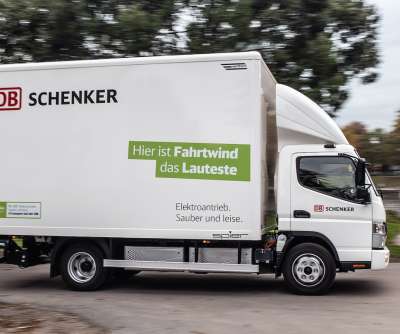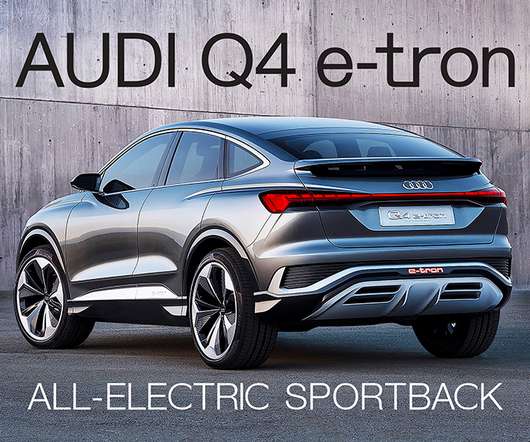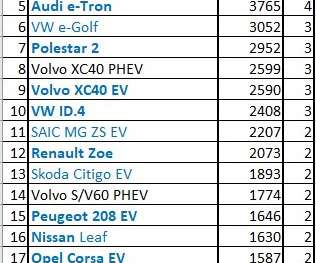JATO: European new car CO2 emissions highest average since 2014; shift from diesel to gasoline and SUVs rise
Green Car Congress
MARCH 5, 2019
An analysis by JATO Dynamics has found that average new vehicle CO 2 emissions in European increased in 2018, with the total average increasing by 2.4 g/km in 2018—the highest average of the last four years. Only three countries saw improvements in CO 2 emissions: Norway, Netherlands and Finland. g/km to 120.5















Let's personalize your content